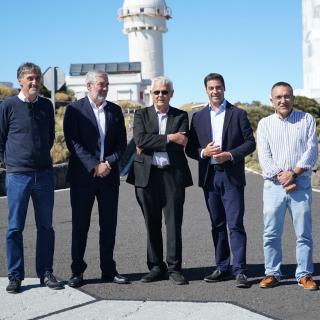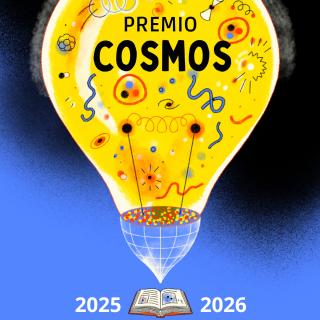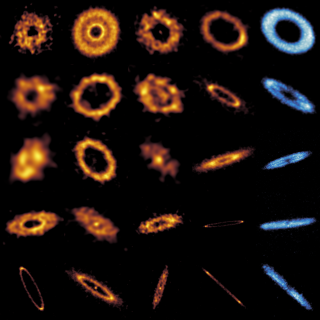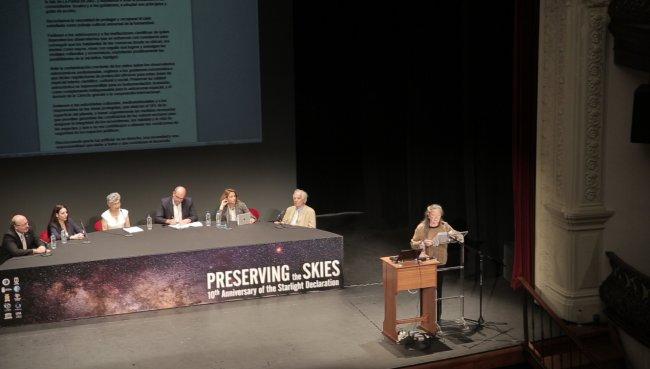It may interest you
-
 El Lehendakari del Gobierno Vasco, Imanol Pradales Gil, y el presidente del Gobierno de Canarias, Fernando Clavijo Batle, han visitado las instalaciones del Observatorio del Teide del Instituto de Astrofísica de Canarias (IAC) donde han sido recibidos por el director del centro, Valentín Martínez Pillet que ha estado acompañado por personal científico y técnico. Esta visita subraya el interés y la apuesta compartida por ambos gobiernos por la excelencia científica y la colaboración en proyectos de alta tecnología como los que abandera el IAC desde Canarias. Con dos de los observatorios másAdvertised on
El Lehendakari del Gobierno Vasco, Imanol Pradales Gil, y el presidente del Gobierno de Canarias, Fernando Clavijo Batle, han visitado las instalaciones del Observatorio del Teide del Instituto de Astrofísica de Canarias (IAC) donde han sido recibidos por el director del centro, Valentín Martínez Pillet que ha estado acompañado por personal científico y técnico. Esta visita subraya el interés y la apuesta compartida por ambos gobiernos por la excelencia científica y la colaboración en proyectos de alta tecnología como los que abandera el IAC desde Canarias. Con dos de los observatorios másAdvertised on -
 El Instituto de Astrofísica de Canarias (IAC) organiza el Premio Cosmos, un proyecto educativo internacional que llega por primera vez a España desde Canarias, con la colaboración del Área STEAM de la Consejería de Educación, Formación Profesional, Actividad Física y Deportes, y el patrocinio de la Fundación CajaCanarias, así como el apoyo de la Real Academia de las Ciencias de Canarias. Con varias ediciones consolidadas en Italia, Francia y Países Bajos, el Premio Cosmos tiene como misión impulsar la cultura científica, despertar vocaciones y celebrar la mejor literatura de divulgación enAdvertised on
El Instituto de Astrofísica de Canarias (IAC) organiza el Premio Cosmos, un proyecto educativo internacional que llega por primera vez a España desde Canarias, con la colaboración del Área STEAM de la Consejería de Educación, Formación Profesional, Actividad Física y Deportes, y el patrocinio de la Fundación CajaCanarias, así como el apoyo de la Real Academia de las Ciencias de Canarias. Con varias ediciones consolidadas en Italia, Francia y Países Bajos, el Premio Cosmos tiene como misión impulsar la cultura científica, despertar vocaciones y celebrar la mejor literatura de divulgación enAdvertised on -
 An international team, with participation from the University of La Laguna (ULL) and the Instituto de Astrofísica de Canarias (IAC), have, for the first time, captured a detailed snapshot of planetary systems in an era long shrouded in mystery. The study, called ALMA survey to Resolve exoKuiper belt Substructures (ARKS) , is based on a series of 10 articles published simultaneously in the journal Astronomy and Astrophysics and was carried out using the Atacama Large Millimetre/submillimetre Array (ALMA) . Thanks to this work, the sharpest images ever of 24 debris disks, the dusty belts leftAdvertised on
An international team, with participation from the University of La Laguna (ULL) and the Instituto de Astrofísica de Canarias (IAC), have, for the first time, captured a detailed snapshot of planetary systems in an era long shrouded in mystery. The study, called ALMA survey to Resolve exoKuiper belt Substructures (ARKS) , is based on a series of 10 articles published simultaneously in the journal Astronomy and Astrophysics and was carried out using the Atacama Large Millimetre/submillimetre Array (ALMA) . Thanks to this work, the sharpest images ever of 24 debris disks, the dusty belts leftAdvertised on
